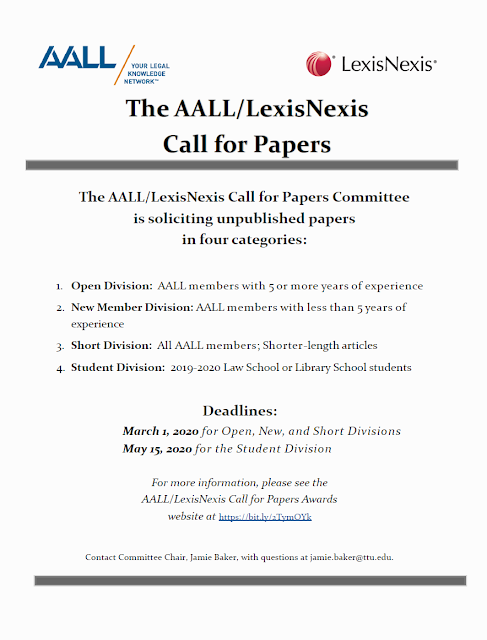Tips For Archival Research
It's great to have an understanding of the necessary tools of the trade to make research more efficient. Gradhacker recently posted six tools that make archival research more efficient.
It's important to do archival research efficiently because "grant budgets can only go so far, it’s important to make use of every minute when visiting faraway libraries and repositories, capturing as much information as possible."
6 tools for efficient archival research include:
1. Apps for managing finding aids: Store a copy of the finding aid for each collection in GoodReader on an iPad in PDF format. GoodReader allows for annotating and highlighting, noting material that the researcher would like to find in a particular resource. Next, use trusty old Google Drive to make master plan and stay one task.
2. Camera: A DSLR or iPhone depending on resolution needs.
3. Wireless SD card: Eyefi, for example, makes an SD card that fits right into your camera and then, via wifi, automatically uploads your images to your phone (and even the web) as you shoot them. The point is to make your camera operate more like your smartphone, making it easy to share images instead of relying on cords to upload them to your computer.
4. Table grip: Invest in a table mount for your camera
5. Remote control: In order to use the table grip efficiently, you can rely on a simple remote control.
6. Scanner apps: ProfHacker featured a post on digital workflow in the archives last year, and the author recommended using Turboscan, an iPhone app that allows you to convert images to PDFs.
It's great to learn from another's efficient archival research process to understand what works well.
It's important to do archival research efficiently because "grant budgets can only go so far, it’s important to make use of every minute when visiting faraway libraries and repositories, capturing as much information as possible."
6 tools for efficient archival research include:
1. Apps for managing finding aids: Store a copy of the finding aid for each collection in GoodReader on an iPad in PDF format. GoodReader allows for annotating and highlighting, noting material that the researcher would like to find in a particular resource. Next, use trusty old Google Drive to make master plan and stay one task.
2. Camera: A DSLR or iPhone depending on resolution needs.
3. Wireless SD card: Eyefi, for example, makes an SD card that fits right into your camera and then, via wifi, automatically uploads your images to your phone (and even the web) as you shoot them. The point is to make your camera operate more like your smartphone, making it easy to share images instead of relying on cords to upload them to your computer.
4. Table grip: Invest in a table mount for your camera
5. Remote control: In order to use the table grip efficiently, you can rely on a simple remote control.
6. Scanner apps: ProfHacker featured a post on digital workflow in the archives last year, and the author recommended using Turboscan, an iPhone app that allows you to convert images to PDFs.
It's great to learn from another's efficient archival research process to understand what works well.


Comments
Post a Comment